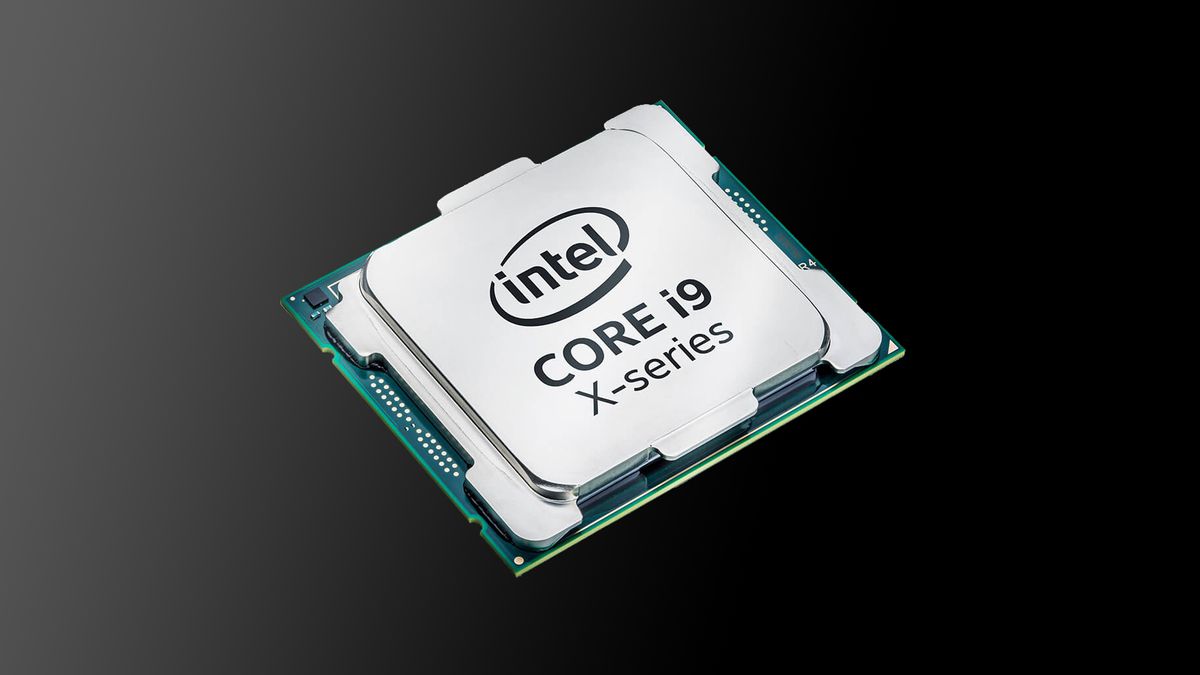Intel’s 12-core i9-7920X processor lags behind Ryzen Threadripper rival
In terms of base clock, although boost could make all the difference

In a freshly-released price list for some of its meaty Core X-Series processors, Intel has revealed some new tech spec info on the Core i9-7920X that’s expected to be available next month, including the base clock speed of this 12-core CPU which is pegged at 2.9GHz.
This has raised quite a number of eyebrows across the net, mainly because it’s surprisingly low – dipping under the 3GHz mark – when compared to both the 10-core 7900X (which runs at 3.3GHz base) and in particular the comparable rival Ryzen Threadripper 12-core model (1920X) which has a base clock of 3.5GHz.
In other words, these dueling dozen-core offerings have a large gulf of 600MHz between them in AMD’s favor, at least when it comes to the base clock.
Of course, what Intel hasn’t revealed in these pricing details is the Turbo speed of the 7920X. This could potentially be up there with its Ryzen rival which has a boost clock of 4GHz.
For example, if we look at the 7900X, as mentioned it has a base speed of 3.3GHz but Turbo to 4.3GHz (and a single-core boost even further to 4.5GHz). The 8-core 7820X is also capable of Turbo to 4.3GHz, from a base clock of 3.6GHz in this case.
- It doesn't have 12 cores, but for a laptop, the Surface Book is mighty powerful
Guessing game
So without this boost figure, it’s impossible to guess exactly how these rival chips will stack up. And even beyond having the core specs, we can’t truly judge anything until the Threadripper and Core i9 processors are fully put through their paces by testing and benchmarking.
That said, the base clock of 2.9GHz for the 7920X is still a surprising revelation, without a doubt.
Are you a pro? Subscribe to our newsletter
Sign up to the TechRadar Pro newsletter to get all the top news, opinion, features and guidance your business needs to succeed!
Whatever the story ends up being in the performance stakes, AMD already appears to have won the battle on the pricing front. While Intel’s 7920X will retail at $1,189 (around £920, AU$1,500), the Ryzen Threadripper 1920X is priced at $799 (around £620, AU$1,010).
Don’t forget that the latter could include a bundled water-cooler, if rumors are correct, meaning far more potential for overclocking this chip into a true Gigahertz monster.
Unless Intel has some true architectural magic up its sleeve when it comes to benchmarking time, it’s easy to imagine why the company has been getting defensive regarding AMD of late.
Via: Videocardz
- Maybe Black Friday will see some hot deals on Core i9 CPUs
Darren is a freelancer writing news and features for TechRadar (and occasionally T3) across a broad range of computing topics including CPUs, GPUs, various other hardware, VPNs, antivirus and more. He has written about tech for the best part of three decades, and writes books in his spare time (his debut novel - 'I Know What You Did Last Supper' - was published by Hachette UK in 2013).






















